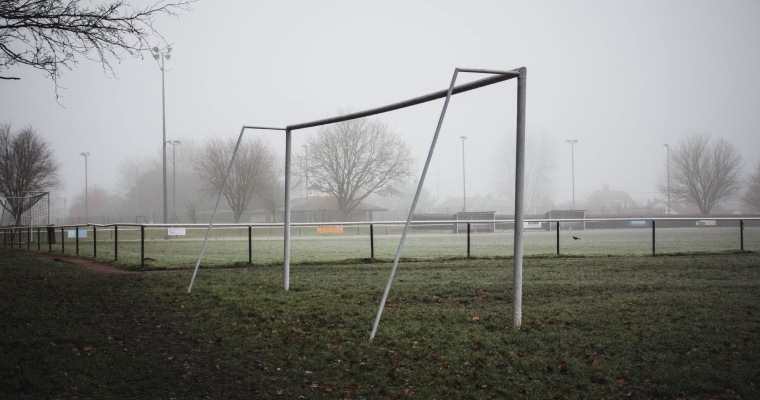
The past year has seen new changes to sport worldwide that would have never been expected. The rise of the global pandemic saw football stadiums become empty shells, with the majority of the premier league playing their matches behind closed doors, removing any atmosphere at the ground. Other sports across the globe, such as American football, saw college gameday predictions being made in a bid to hold on to some normality.
With things changing so dramatically, the new normal of sporting events may seem easy to adapt to, but a recent change is coming that is putting a halt to summer sports in some specific countries.
The earth’s temperature is rising, with natural disasters becoming more frequent and the summer temperatures reaching new heights in certain regions. This sore in temperature is seeing athletes in Australia join the climate council in an effort to keep sports thriving in the summers to come.
It has been predicted that Australian summers will prevent any sports from being played in around 20 years time, with daytime temperatures reaching 50 degrees by 2040.

Rising Temperatures
Extreme heat is becoming more than a problem for just sport. The world health organisation has stated that between 2030 and 2050, over 38,000 more deaths will occur per year due to the rise in temperature from problems such as heat stroke, exhaustion, and the worsening of existing health problems.
Thirst, sweating, fatigue, and muscle cramps are some of the few initial causes of heat stress making athletes more vulnerable when competing. In addition, when performing in these conditions, athletes may also feel problems with their nervous system affecting decision making and coordination.
At the forefront of the fight against climate change is cricket. Widely popular in England, India, New Zealand, and Australia, cricket is being played in some of the hottest climates imaginable.
January 2018 saw the Ashes, crickets most decorated event, reach highs of 57 degrees. The heat caused the England captain Joe Root administered to the hospital while competing in the fifth test. Since then, cricket has taken on an extreme heat policy that allows umpires to stop play if it becomes too hot in the day. Since this new procedure was introduced, cricket games in Australia have been cancelled, with predictions of it becoming a more regular occurrence in years to come.

The Water is Rising
With the world becoming a little warmer each year, more water evaporates from the oceans, lakes and soil. This increase in water in the skies is causing more floods and heavy downpours of rain. With this heavy rainfall, more outdoor spaces like fields, pitches, and arenas are becoming the victims of flooding.
Grassroots football in England has seen some of the worst, with studies showing that, on average, five weeks of games are lost each season due to bad weather conditions. A third of these teams have even seen two to three months of playing time be lost.
Bad weather conditions aren’t only affecting lower league teams without facilities. Professional squads are seeing games be cancelled, with stadiums becoming unplayable. In the 2015/2016 season, the football league saw a 25 game cancellation due to bad weather.
Carlisle United was forced out of their ground for over a month due to Storm Desmond. Compared to 2019, October saw 14 games cancelled in the football league because of bad weather, flooding, and heavy rain.
Of all the sports played on outdoor pitches, cricket is undeniably affected the most by climate change. As previously mentioned, heat creates problems in the game, but floods and heavy rain are also becoming detrimental. The essence of cricket is defined by its climate, with balls acting differently in different temperatures, making the game of cricket as we know it becomes a thing of the past.

Difficulties Breathing
Athletes training in poor air conditions or smoke are much more vulnerable due to the high air intake levels they complete when inhaling. Blood flow and lung function are significant to athletes, and this increase in air pollution is causing harmful effects. Over the last two years, the air quality due to forest fires and wildfire smoke has forced races to be cancelled.
One example is the Berkeley half marathon being cancelled due to wildfires caused by an out of control campfire creating unhealthy air conditions for the competitors. July 2019 saw a similar event with the Mount Marathon race, junior race being postponed with runners given the opportunity to compete again the following year. This race was cancelled due to smoke coming from the nearby Swan Lake fire.
Races are getting cancelled more regularly than ever before, but this isn’t the only sport that is being impacted. Tennis has seen the effects of poor quality air and smoke causing detriment to the Australian Open. Davila Jakupovic was forced to forfeit her match due to a severe coughing fit caused by smoke from the Australian fires.
Round-Up
If nothing is done soon, the world of sport will never be the same. The combat on climate change needs to be addressed so that sports such as cricket, tennis, and athletics are still around for people to compete and enjoy.


